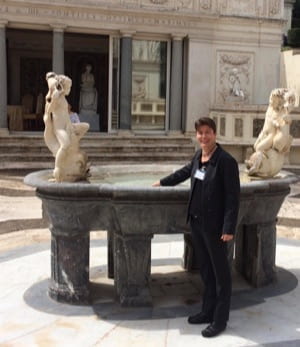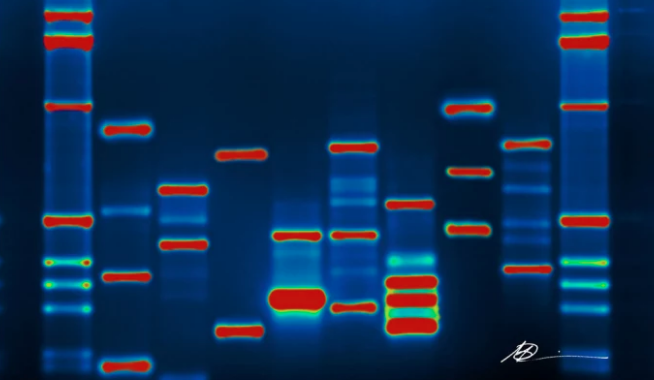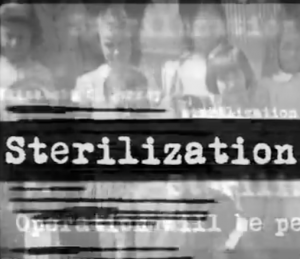The story of the Bermuda Principles and their codification of genome scientists’ commitment to save the human genome from private enclosure is the dominant story of the Human Genome Project. Twenty years after the first historic Bermuda meeting, this seminar will gather together at UC Santa Cruz key players in the creation of an ‘open’ approach to genomics with historians of genomics and allied fields to critically reprise this iconic story. UC Santa Cruz played an important role in ensuring that genomic data remained in the public domain. Today it continues this commitment, but the times have changed. First, genomics is no longer primarily funded by public funds, and a line between public and private efforts can no longer easily be drawn. Second, human genomics is marked by a desire to gain data from private persons who have privacy rights that do not easily articulate to an ethos of open access. Third, genomics is a global science that requires working across nations that have diverse approaches to questions of privacy and private/public ‘partnerships.’ Finally, the number of people producing genomic data and the amount of data itself has grown exponentially, creating new challenges for creating data sharing rules and norms. Participants in this workshop will return to the forging of the Bermuda Principles in 1996 both to generate new insights about the emergence of the genomic open in the 1990s, and to understand what a richer understanding of this history might offer to contemporary efforts to enact public genomics.
Admission was free, however seating was limited, participants registered here.
Materials can be found here.
Read the follow-up LIMN article on The Genomic Open by SJRC Director Jenny Reardon and co-authored PubMed article on Bermuda 2.0: reflections from Santa Cruz.
This event was sponsored in part by: The UCSC QB3 Genomics Institute
10:30-5:00pm | BioMed 200
Rachel Ankeny, Professor of History, The University of Adelaide, Australia
Jenny Bangham, Research Scholar, Max Planck Institute for the History of Science, Berlin
Scott Edmunds, Executive Editor of GigaScience
David Haussler, Scientific Director of the Genomics Institute, UCSC
Stephen Hilgartner, Professor of Science & Technology Studies, Cornell University
Kathryn Maxson, PhD candidate, History of Science, Princeton University
Jenny Reardon, Professor of Sociology and Director of the Science and Justice Research Center, UCSC
Beth Shapiro, Associate Professor of Ecology and Evolutionary Biology, UCSC
Hallam Stevens, Assistant Professor of History, Nanyang Technological University, Singapore
Michael Troncoso, Chief Campus Counsel, UCSC
Robert Waterston, Professor and Chair, Genome Sciences, University of Washington
Agenda
Welcome and Introductions
10:30 – 10:45AM Jenny Reardon (Sociology, Science & Justice Research Center, UCSC)
Historical perspectives
10:45 – 11:10AM Bob Waterston (Genome Sciences, University of Washington)
11:10 – 11:40AM Rachel Ankeny (History, The University of Adelaide, Australia)
Kathryn Maxson (History of Science, Princeton)
11:40 – 11:55PM Jenny Bangham (Max Planck Institute for the History of Science, Berlin)
11:55 – 12:10PM Steve Hilgartner (Science & Technology Studies, Cornell)
12:10 – 12:45PM Discussion
Genomic Open meets the Biomedical Enclosure
1:45 – 2:00PM David Haussler (Genomics Institute, UCSC)
2:00 – 2:15PM Jenny Reardon (Sociology, Science & Justice Research Center, UCSC)
2:15 – 2:20PM Michael Troncoso (Chief Campus Counsel, UCSC)
2:20 – 3:00PM Discussion
Where are we now? Emerging Problems and Innovations
3:30 – 3:45PM Scott Edmunds (Executive Editor of GigaScience)
3:45 – 4:00PM Beth Shapiro (Ecology and Evolutionary Biology, UCSC)
4:00 – 4:15PM Hallam Stevens (History, Nanyang Technological University, Singapore)
4:15 – 5:00PM Discussion



